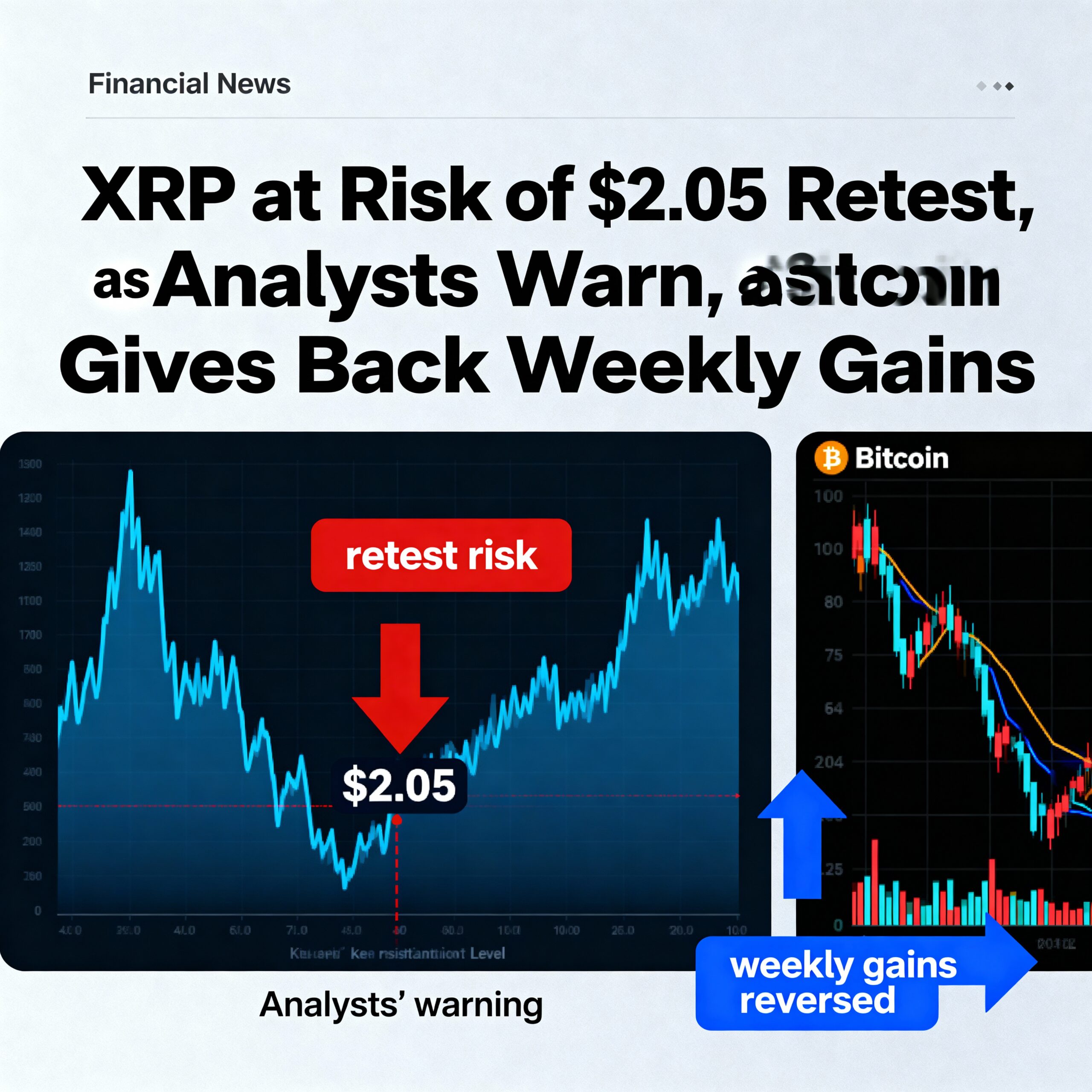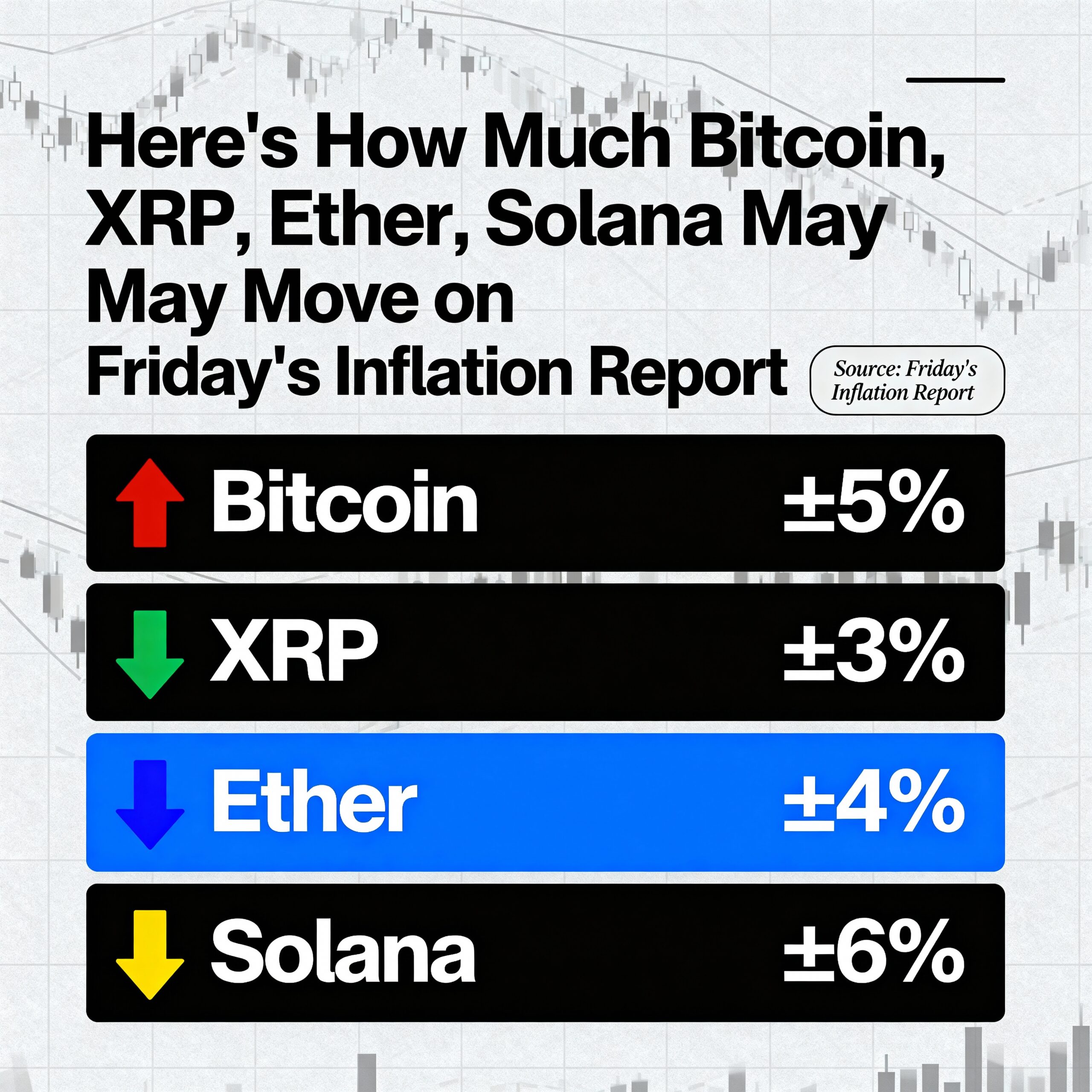
Bitcoin Resilient as Manufacturing Craters and South Asian Tensions Simmer
Markets faced a wave of uncertainty on Tuesday as bleak U.S. manufacturing data and rising geopolitical tensions between India and Pakistan cast a shadow over investor sentiment. Yet Bitcoin (BTC) held steady, offering a rare pocket of stability.
The Dallas Fed Manufacturing Index plunged to -35.8 in April, down from -16.3 in March and well below forecasts of -14.1. The reading marked the index’s lowest point since the onset of the COVID-19 pandemic in 2020. The report, typically a background item, jolted analysts with its intensity. “Pretty horrible Dallas Fed Manufacturing Survey,” wrote Odd Lots host Joe Weisenthal on X, pointing to concerns over tariffs and policy instability.
Bitcoin briefly dipped early in the U.S. session but quickly recovered, trading just below $95,000 by day’s end — up 0.5% in 24 hours. The CoinDesk 20 Index, which tracks top digital assets minus memecoins, stablecoins, and exchange tokens, remained largely unchanged.
In crypto equities, recent momentum cooled. Shares of Coinbase (COIN), MicroStrategy (MSTR), and major mining companies saw mild losses after a strong run last week. However, two standout performers, Janover (JNVR) and DeFi Technologies (DFTF), surged 24% and 6.5%, respectively. Both firms have been aggressively acquiring Solana (SOL), which fell roughly 3% on the day.
Traditional markets showed mixed signals. Gold rose nearly 1%, while the U.S. dollar index slid 0.6%. Despite a rocky start, the S&P 500 and Nasdaq both managed to close slightly in the green.
Adding to global uncertainty, Pakistani Defense Minister Khawaja Muhammad Asif claimed that an Indian military strike on Pakistani soil could be imminent. This follows last week’s terrorist attack in Pahalgam, a popular tourist site in Indian-controlled Kashmir, that left 26 dead. Cross-border fire has since resumed, raising fears of broader escalation.





















